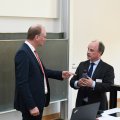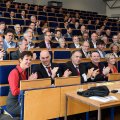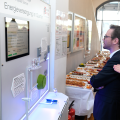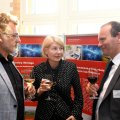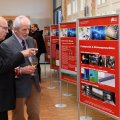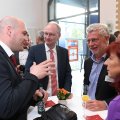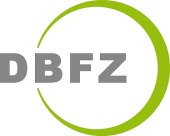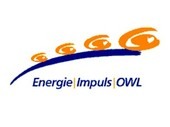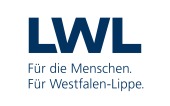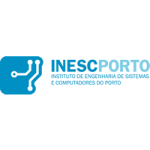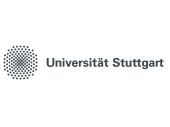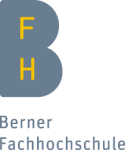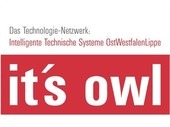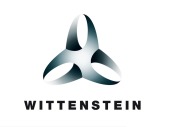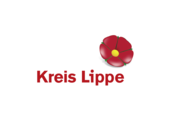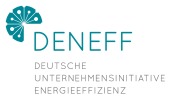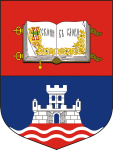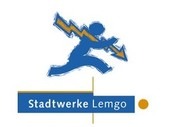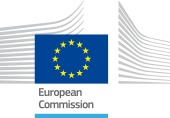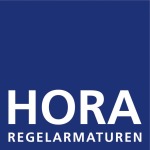Gründungsfeier - Das iFE startet durch
Am 10. Mai 2017 fand auf dem Detmolder Campus der Hochschule Ostwestfalen-Lippe (HS OWL) die Gründungsfeier des Future Energy (iFE) statt. Welche Herausforderungen und Chancen gleichermaßen mit einer erfolgreichen Energiewende verbunden sind, wurde im Rahmen der Veranstaltung besonders deutlich. Der Schlüssel hierzu: Interdisziplinarität. Der charmante und hörenswerte Vortrag von Deutschlands bekanntestem TV-Meteorologen verlieh der Veranstaltung einen lockeren Rahmen, auf den anregende Gespräche folgten.
Bei leckeren Speisen und guten Gesprächen wurde mit rund 100 Gästen aus Wirtschaft, Politik und Wissenschaft gefeiert. Unter den Anwesenden befanden sich auch der Landrat des Kreises Lippe, Dr. Axel Lehmann, die stellvertretende Bürgermeisterin der Stadt Lemgo, Renate Bauer, sowie die Präsidentin und der Vizepräsident der Fachhochschule Bielefeld, Prof.‘in Ingeborg Schramm-Wölk und Prof. Friedrich Biegler-König. Als Moderator geleitete Prof. Thomas Schulte die Gäste durch den Abend.
Während Prof. Jürgen Krahl, Präsident der HS OWL und Mitglied im wissenschaftlichen Beirat des iFE, den wichtigen Einklang und gegenseitigen Nutzen von Forschung und Lehre hervorhob, fokussierten sich Prof.‘in Susanne Schwickert und Prof. Johannes Üpping im Rahmen ihrer Institutsvorstellung auf die interdisziplinären Ansätze und Methoden, die für eine innovative Idee und – letztendlich – individuelle Technologie notwendig sind. „Energieforschung beinhaltet wesentlich mehr als die reine Bereitstellung von Technologien“, so Schwickert. Neben diesen seien auch Fragen der gesellschaftlichen Akzeptanz und „softe“ Rahmenbedingungen ausschlaggebend für eine disziplinübergreifende Forschung, wie beispielsweise die Offenheit aller Beteiligten gegenüber Lösungsvorschlägen oder die Kreativität, die die Kombination interdisziplinärer Ansätze zulasse.
Im Anschluss begeisterte Sven Plöger, Meteorologe und TV-Moderator, mit seinem Vortrag zur Klimapolitik und Energieforschung das Auditorium und zeigte hierbei spannende Fakten zum Umgang mit natürlichen Ressourcen, der Differenzierung zwischen Wetter und Klima oder auch den Zusammenhang des arktischen Eis mit dem Wetter. Mit Charme, Witz und einer guten Portion Ernsthaftigkeit verlieh Plöger seinem Vortrag eine akute und gleichzeitig unterhaltende Note.
Der Vorstand des iFE bedankt sich auch auf diesem Weg bei allen Mitarbeitenden, die viel Zeit und Mühe in die Vorbereitungen der Veranstaltung investiert haben.
Gleichzeitig soll das durchweg positive Feedback für das Tun des iFE als Startschuss genutzt werden, um die Energieforschung für Quartiere, Mobilität und Arbeitswelten weiter voranzubringen. Wir freuen uns auf zukünftige Kooperationen und die neuen Erkenntnisse, die hieraus resultieren!

